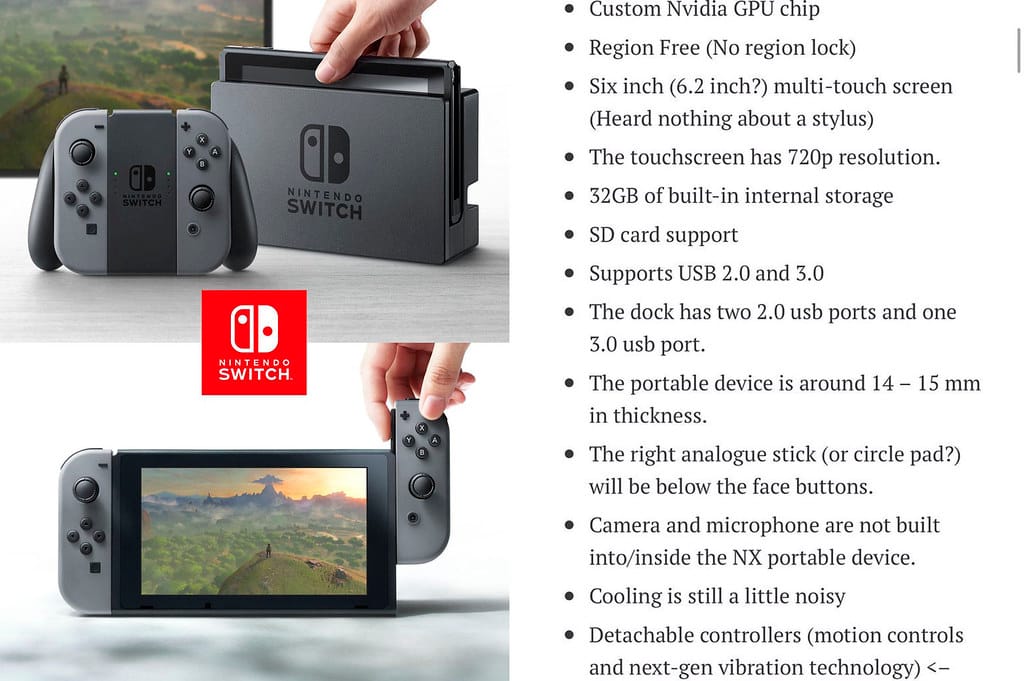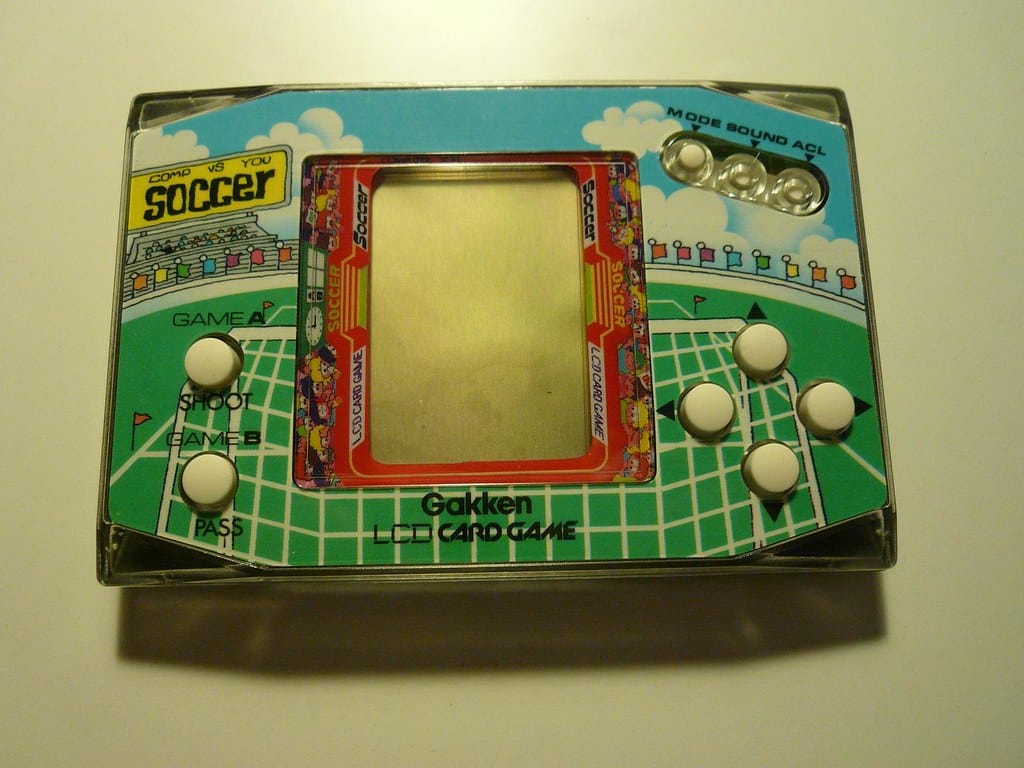Nintendo Faces Backlash After Banning Switch 2 User for Playing Legitimate Used Game
In a controversial move that has sent shockwaves through the gaming community, Nintendo has reportedly banned a Switch 2 owner from their online services after they played a used Switch 1 game purchased through legitimate channels. The incident has reignited fierce debates about digital rights, game ownership, and the increasingly restrictive policies of major gaming platforms.
The Incident That Sparked Outrage
The controversy began when a Reddit user shared their experience of being permanently banned from Nintendo's online services after inserting a used copy of a popular Switch 1 title into their new Switch 2 console. The user, who claimed to have purchased the game from a reputable online marketplace, received a ban notification citing "unauthorized software usage" despite the game being an official Nintendo release.
Nintendo's automated detection system apparently flagged the used game as suspicious, leading to an immediate account suspension that affected not only the user's ability to play online but also their access to digital purchases and cloud saves accumulated over years of gaming.
Understanding Nintendo's Anti-Piracy Measures
Nintendo has historically maintained some of the strictest anti-piracy policies in the gaming industry. The company's approach typically involves:
- Hardware-level detection systems that scan for modified firmware or unauthorized software
- Account monitoring that tracks game usage patterns and purchase history
- Database verification that cross-references game cartridges with legitimate distribution records
However, this latest incident suggests Nintendo's systems may be casting too wide a net, potentially punishing legitimate consumers who participate in the used game market—a practice that has been legal and commonplace for decades.
The Used Game Market Under Threat
The used game market represents a significant portion of the gaming economy, with industry estimates suggesting it accounts for approximately 30% of all physical game sales. This ecosystem benefits consumers by:
- Providing affordable access to gaming content
- Allowing players to recoup costs by selling completed games
- Supporting local game stores and online marketplaces
- Preserving gaming history through continued circulation of older titles
Nintendo's apparent crackdown on used games could fundamentally alter this landscape, potentially making the Switch 2 the first major console to effectively eliminate the used game market through technical restrictions.
Community Response and Industry Impact
The gaming community's reaction has been swift and largely negative. Social media platforms have been flooded with concerns about:
Consumer Rights: Many argue that if you purchase a physical game, you should have the right to use it regardless of its previous ownership history.
False Positives: The incident raises questions about the accuracy of Nintendo's detection systems and whether legitimate users are being caught in anti-piracy measures.
Digital Ownership: The controversy highlights broader concerns about the shift toward digital-only gaming and the erosion of traditional ownership rights.
Gaming industry analysts warn that such policies could set a dangerous precedent, potentially encouraging other console manufacturers to implement similar restrictions that could stifle the used game market entirely.
Nintendo's Official Response
As of publication, Nintendo has not issued a comprehensive public statement addressing the specific incident or their broader policy regarding used games on the Switch 2. The company's standard response to such inquiries typically references their terms of service and commitment to protecting intellectual property rights.
However, the lack of clear communication has only intensified community concerns about transparency and accountability in Nintendo's enforcement practices.
What This Means for Gamers
For Switch 2 owners and prospective buyers, this incident serves as a crucial warning about the potential risks of purchasing used games. Until Nintendo provides clearer guidance or updates their policies, consumers may need to:
- Exercise extreme caution when buying used Switch games
- Keep detailed records of all game purchases
- Consider the potential account risks before using pre-owned titles
- Stay informed about Nintendo's evolving terms of service
The Broader Implications
This controversy extends beyond a single banned user—it represents a fundamental shift in how gaming companies view ownership and control over their platforms. As the industry moves toward more restrictive digital ecosystems, the traditional freedoms associated with physical media ownership are increasingly under threat.
The incident serves as a stark reminder that in the modern gaming landscape, purchasing a game doesn't guarantee unfettered access to it. As consumers, we must remain vigilant about protecting our digital rights and demanding transparency from the companies that control our gaming experiences.
The gaming community's response to this incident will likely influence how Nintendo and other companies approach similar policies in the future, making this moment a crucial test of consumer advocacy in the digital age.

